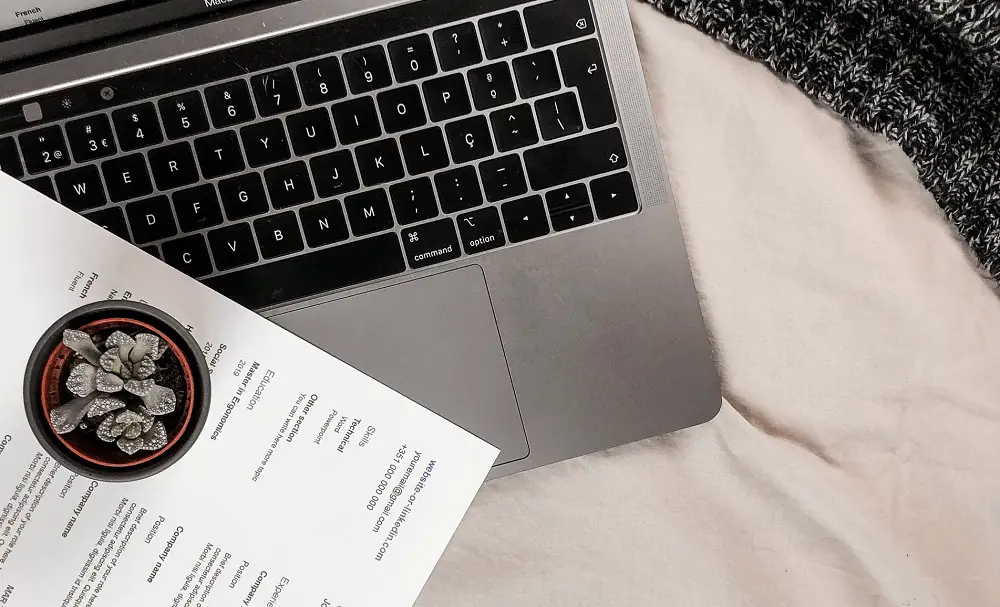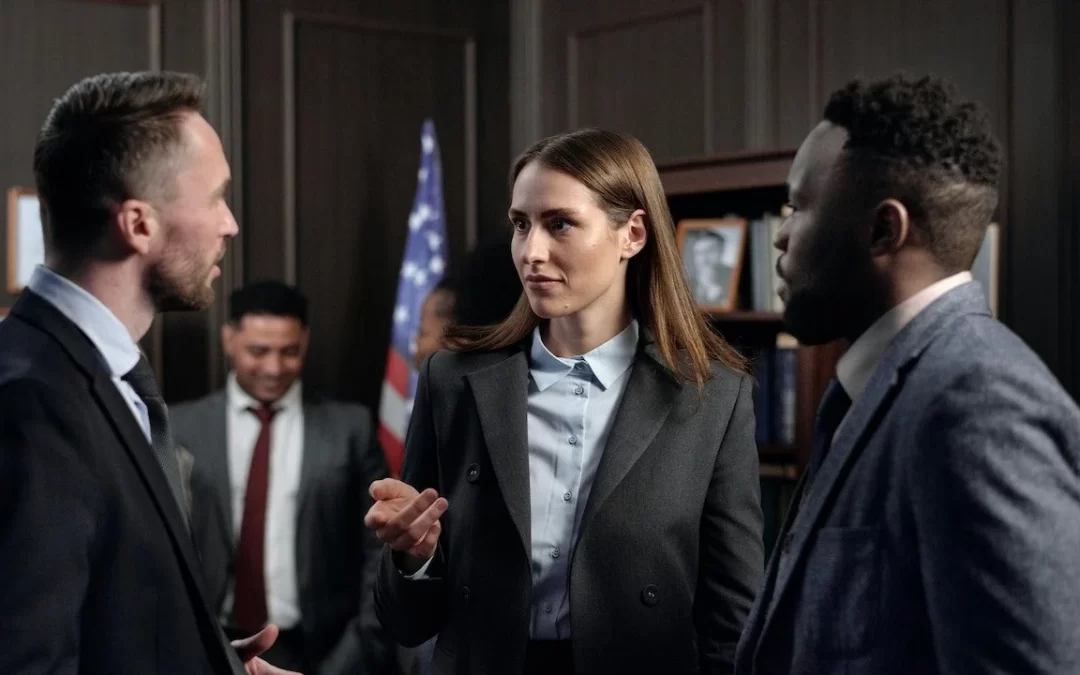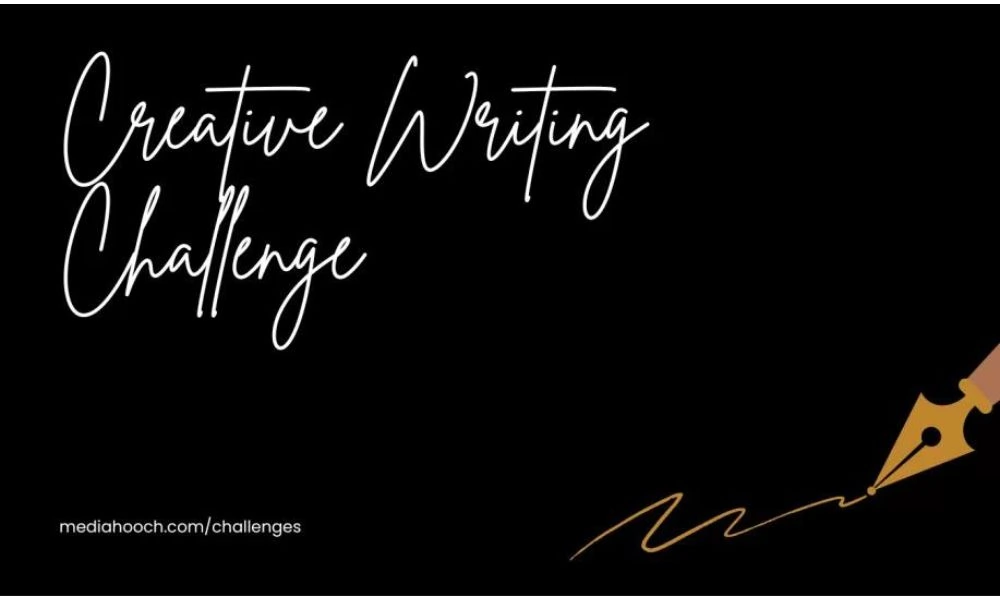Your CV says a lot about you professionally. It is the first impression recruiters have about you and to make a good impression, there are 7 things to avoid in a CV.
A CV is a one-two page document with details on your education, work experience, skills and is used to apply for a job. Since a CV is limited by page, you have limited space to make a good impression. You must avoid these 7 things in your CV.
Every job application has requirements and your CV aims to show how well you meet the requirements. With recruiters going through multiple applications daily, your CV has to be optimized to stand out amongst others.
7 things to Avoid in a CV
1. Avoid Including Incorrect Details in Your CV
When writing your CV, your contact information must be correct and current.
One mistake you can make is submitting a CV that contains old contact information about you. This is because you refused to edit your CV, updating it with your current details and tailoring it to the job’s specifications.
Also, ensure you use a professional email address and avoid including your social media handles (except you discuss issues related to the job descriptions).
2. Restrain from Using Clichés in Your CV
When writing your profile statement, always turn down the use of clichés that everyone is prone to add to their CV.
Hardworking, resilient, goal-focused Content Manager, passionately driven by…
Team player with leadership qualities capable of coordinating…
Your CV is meant to stand out. It is meant to show why you are the best candidate for the job. If you include phrases that others tend to use, you will not stand out; you’d blend in.
When writing your profile statement, instead of bombarding it with superfluous adjectives that add no value to your CV, consider writing a short, simple, detailed paragraph that outlines your knowledge, specific skills, and experience.
Remember that your CV is the first impression recruiters have of you. You mustn’t sound like the rest of the applicants. Your CV should be unique. Besides, including these adjectives in your statement does not speak of how efficient you are; your skills and work experience do!
3. Cross-Check Your CV for Grammatical Errors and Spelling Mistakes
An error-free CV speaks a lot about your attention to detail and meticulousness.
As humans, we’re prone to making errors and this can be costly. When writing your CV, ensure that you look out for spelling errors, grammatical blunders, or missed punctuations. If you still have doubts, have someone or a professional run a double-check for you.
Take your time when writing your CV. Double-check the suggested corrections of the software you’re using to create your CV and consider the impact of the alternatives on your CV.
You could also use spell-checking software like Grammarly.
4. Ensure the Format of Your CV is Clear and Easy to Read
The layout of your CV should be clear and easy to read through. Recruiters receive tons of applications daily leaving them with limited time to spend admiring the design on your CV. It is important to avoid an unnecessary design that affects the outlook of your CV.
Ensure the layout you use is easy to scheme through; white background with black fonts is preferable. Your font size should be between sizes 10-12 with good space levels.
Bold, italics fonts and colours should be used moderately.
Avoid using graphs or stars to measure your skill/technical ability. Instead, use bullet points to identify how you used those skills effectively.
When submitting your CV, it is more reliable to submit it in PDF format.
5. Avoid Exaggerating or Lying in Your CV
In a bid to impress or look suitable for the job, it may be tempting to “inflate” the qualifications on your CV. After all, who’s going to notice?
A popular misconception about job seeking is that recruiters do not make searches in claims in applications. Wrong! Recruiters can always hire a private specialist candidate or run a Google search on you.
It is very easy for recruiters to spot false claims in your CV. Do not inflate or exaggerate your qualifications or skills to look impressive. If you have an unfinished project going on, state it as unfinished and not completed.
If you make the interview with your false claims, you tend to give yourself out or even provide wrong answers to questions asked.
Be honest!
6. Avoid Leaving Unexplained Gaps in the Employment Section of Your CV
If you were unemployed during a period, you should indicate what time and the activities you indulged in during that period.
Unemployment gaps refer to the period during which you were unemployed. Having unexplained gaps can stand as a red flag to recruiters. Why were you unemployed during that period? What productive activities did you undertake during that period?
There could be many reasons for your unemployment gap. Ranging from pregnancy to a prolonged illness or an economic setback, it is okay to have these gaps.
When writing your CV, do include the period of your unemployment and briefly explain why and what you were involved in.
For example
May 2010 – April 2011
I lost my job due to a cut down in staff capacity at XYZ company. During this period, I took online courses on ABC, earning three certifications while actively seeking a new job.
This way, recruiters do not have to wonder why you were unemployed with such qualifications.
7. Failing To Tailor Your CV to the Job Specifications
Every job application has requirements recruiters are on the lookout for. Some organizations include keywords in the job advert that you should look out for when writing your CV.
Failure to tailor your CV to their requirements or not including these keywords can be detrimental to your application. Most organizations now use the Applicants Tracking System (ATS) to narrow down the number of applications they receive while organizing the candidates for recruitment purposes.
This ATS sorts the drones of resumés received using how compatible the CV is with the job description.
For example,
If the job position is for a Digital Marketer with five years worth of experience, your CV has to contain these requirements to be compatible with the application details.
When applying for a job, ensure your CV is tailored to the job specifications. You might be the possessor of the Infinity Stones, but if the job description is looking for a pilot, you have to tailor your qualifications to this requirement, else I’m sorry Thanos.
Avoid creating one CV for all your applications. Tailor your CV to the needs of the job. Include your most recent skills, achievements, qualifications as they matter to the job you’re applying for.
Conclusion
A good CV takes you one step closer to the job. The key is knowing what you should avoid doing to have a stand-out CV.
The do’s and don’ts of a CV are valuable as they portray you to recruiters as diligent. Remember to tailor your CV to the job requirements using keywords included in the advert.
Avoid including irrelevant information that would not aid your application process.
Good luck as you follow through!




























0 Comments